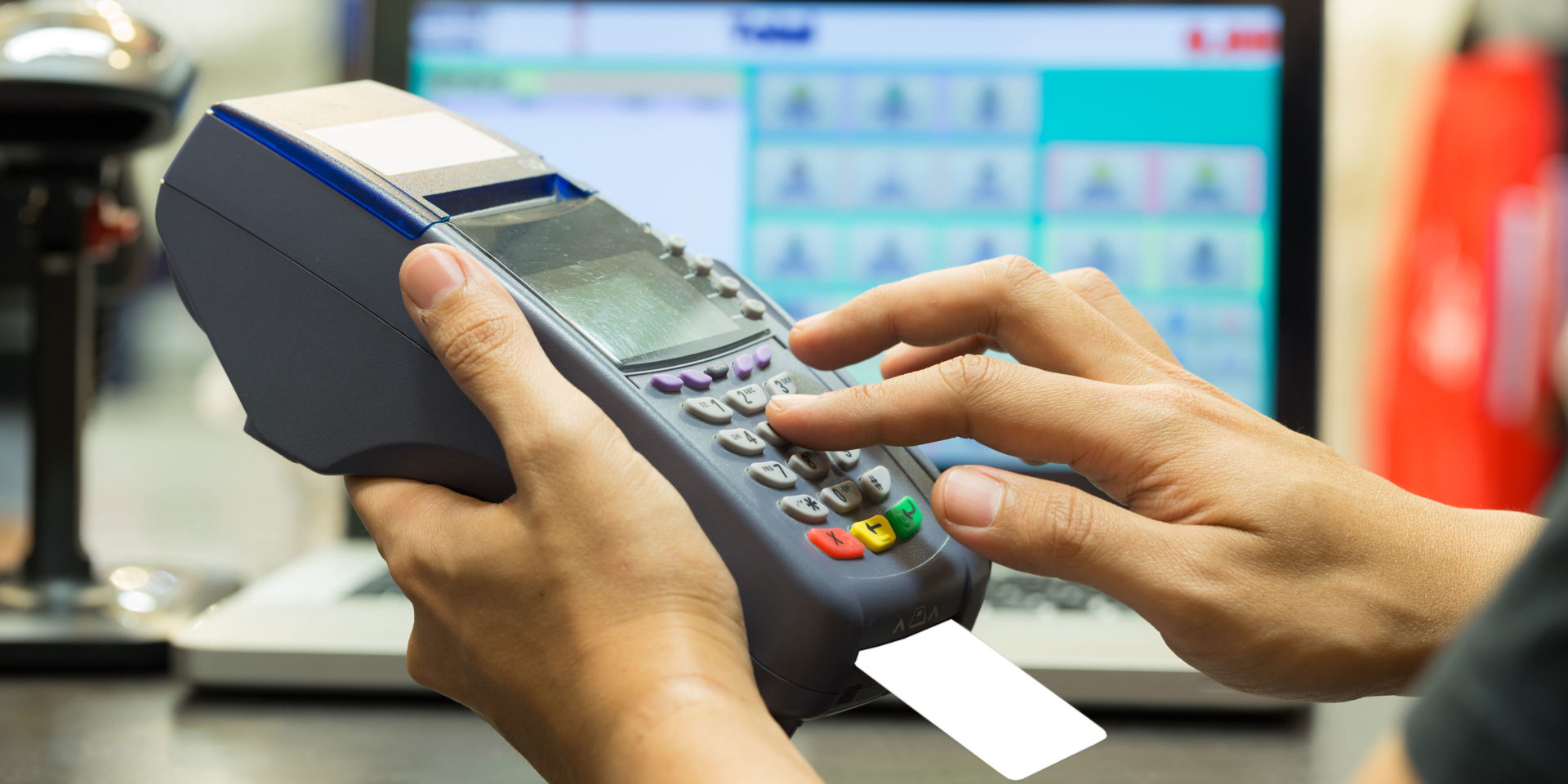
Are you following these best practices?
On average, casinos lose 9 USD per day, per team member, to internal theft and fraud in gaming and non-gaming areas. For an organization with 1,000 team members, the total loss is near 3,285,000 USD annually!
As a surveillance/security professional, it is my opinion and firm belief that there is more theft and fraud in non-gaming areas than there is in gaming areas. This is true in all the gaming properties that I’ve worked in or consulted for across the country and around the world, commercial or tribal.
The reason for the increased frequency and cost of crime in the non-gaming areas is primarily due to the lack of internal controls and/or the failure to enforce controls, policies and procedures in those areas. As we all know, the gaming areas are heavily regulated and monitored by specific personnel and agencies preventing or limiting illicit activity in the gaming environment. In fact, most surveillance and security departments are almost exclusively focused on gaming and do not check on non-gaming areas at all.
Help reduce loss in your non-gaming areas by performing the following steps:
House Banks/Funds when department retains the house bank:
- Main Bank counted at least weekly, daily preferred.
- Running total sheets should be retained in the safe.
- Beginning and ending shift sign-in sheets should always be utilized.
- Supervisors should count and verify banks on due backs of more than $100.
- Due backs should not be held more than one day. On the last day of the month, the due backs need to be exchanged at the end of the shift.
House Banks/Funds when the team member is assigned a house bank:
- Cage should randomly audit the bank quarterly.
- Department should count the team member’s bank on variances of $100 or more.
- As a signature should be required for due backs of $250 or more, the supervisor should count and verify the bank.
Tenders – Room Charges:
- Last name must be printed legibly on the check.
- The check must be signed.
- Cashier/Bartender must make certain that the name on the check matches the name in the system.
- The property has to be correct if there are multiple.
Tenders – Credit Cards:
- ID should only be requested when the card is not signed or the name does not match the gender. If the ID does not match, do not accept the card. It should not be permitted to record any ID information on the check or voucher.
- The credit card voucher is the most important document. It is more important than the check when there is a dispute.
- All credit cards approve 25% above the amount of the check. This is determined by the credit card companies, not the property.
- There are always two postings to the guest’s credit card account. One is an authorization, the other is a settlement. It can take 5-10 business days for the second charge to drop off. The issuing bank makes that decision, not the property.
- If a guest disputes a charge, DO NOT reopen a check unless it is the same business day and you have a copy of the check in your hand. Often the property’s records department can obtain the check. If the transaction was more than 30 days ago, the guest may need to contact billing assistance or a similar department.
Tenders – Rewards Program:
- Only the cardholder should be permitted to use the card. Not the wife, mother, brother, son, etc. NO EXCEPTIONS!
- The guest must have a valid ID.
- If tendering to Rewards Program, it cannot be used with any discount offer unless there is a special offer.
Admin Comps/Coupons:
- Used for coupons with an imprinted code or management/executive team member.
- Admin compors should only be able to sign for tips at a maximum rate of 15%.
- Admin compors should not be allowed to use any discounts when tendering to admin comp or coupon.
Direct Marketing Comps:
- Guest must present a Rewards Program card when using a voucher.
- The Rewards Program card should be swiped, if available.
- Only valid until the date that is printed on the voucher.
- Cannot be used with any discount offers.
Discounts – Team Members:
- Should not be allowed to use with comps.
- Team member discounts should only be used when the team member is dining with the party.
- Cannot be used with the Rewards Program by team members.
- Cannot be used with coupons. Team members should NEVER have coupons.
Reopen Checks used to address an issue with a closed check:
- Incorrect tender.
- Incorrect tip.
- Apply discount.
- Address a service recovery issue.
- Quick serve (remove items added to check).
- Guest changed mind before being seated.
Reopening Checks:
- If cash is part of the settlement, the check must be reopened on the cashier’s terminal.
- The only voids on a closed check should be an item not served or made. Service recovery should be used for all other issues.
- Do not void a credit card settlement on a reopened check, as this will cause you to lose the credit card information.
Voids:
- Do not share POS cards. The owner of the POS card is responsible for all activity that occurs with their card.
- Voiding items should ONLY occur when you can verify the reason for the void.
- Rule of thumb for voids: 1) If the item hits the table and cannot be re-served, it should be settled to waste/spillage or the like. 2) If the item did not leave the kitchen and can be re-served, it’s a void.Void reasons should always be mandatory and verified: 1) 86 2) Guest changed mind 3) Package reduction 4) Cashier error 5) Duplicate check 6) rong check 7) IT test 8)Order error 9) Server error
Under-ring:
Occurs when a team member rings an item that is cheaper than what the guest received, or the team member never rings an item in the system.
- Quick Berves/Bars – Cashier rings the items on the terminal, announces a total to the guest. When cash is the method of payment, the items are voided. A lesser priced item is added, or all items are voided off and the check is settled to zero.
- Casual/Gourmet Dining – Likely occurs with beverages or items that do not print to a kitchen printer.
- Buffet/Brunch – A check is created, reprinted and presented to several different guests.
Prevention:
- Open check report hourly.
- Table touch a few checks and see if what’s on the table is on the check.
- For outlets with kitchen printers, only items that come up on the printer come out of the kitchen/bar. Only a supervisor can get an item that does not print in the kitchen.
Split Items and Checks:
- Used to move items from one check to another, or give a table individual checks.
- A manager’s override is not required in all outlets.
- Fraud: Moving items from one check paid with cash to one that has comp/coupon funds available.
- Fraud: Having the supervisor void something that was actually consumed.
- Fraud: Adding buffets to an open check, then splitting those buffets to a check over and over again.
Combine Checks:
- Used traditionally to add bar check to restaurant check, or put two tables on one check.
- Fraud: Guest had extra funds on a comp or coupon. A food item can be added to the check for consumption or a small cash check can be combined and the server takes the cash.
For more information on improving your gaming and non-gaming audit processes, please contact Amy Hergenrother, Raving’s VP of Business Development, at [email protected]







